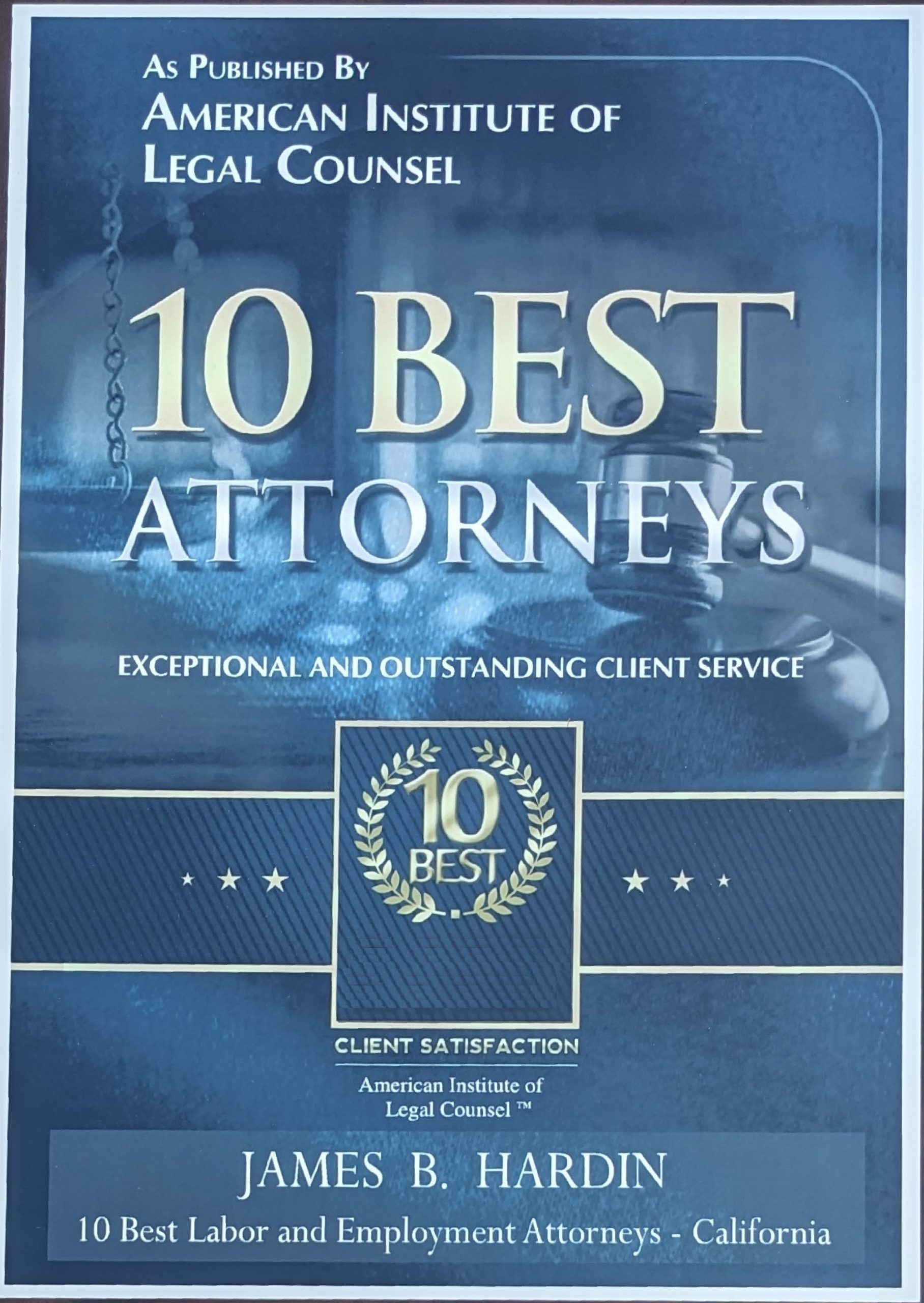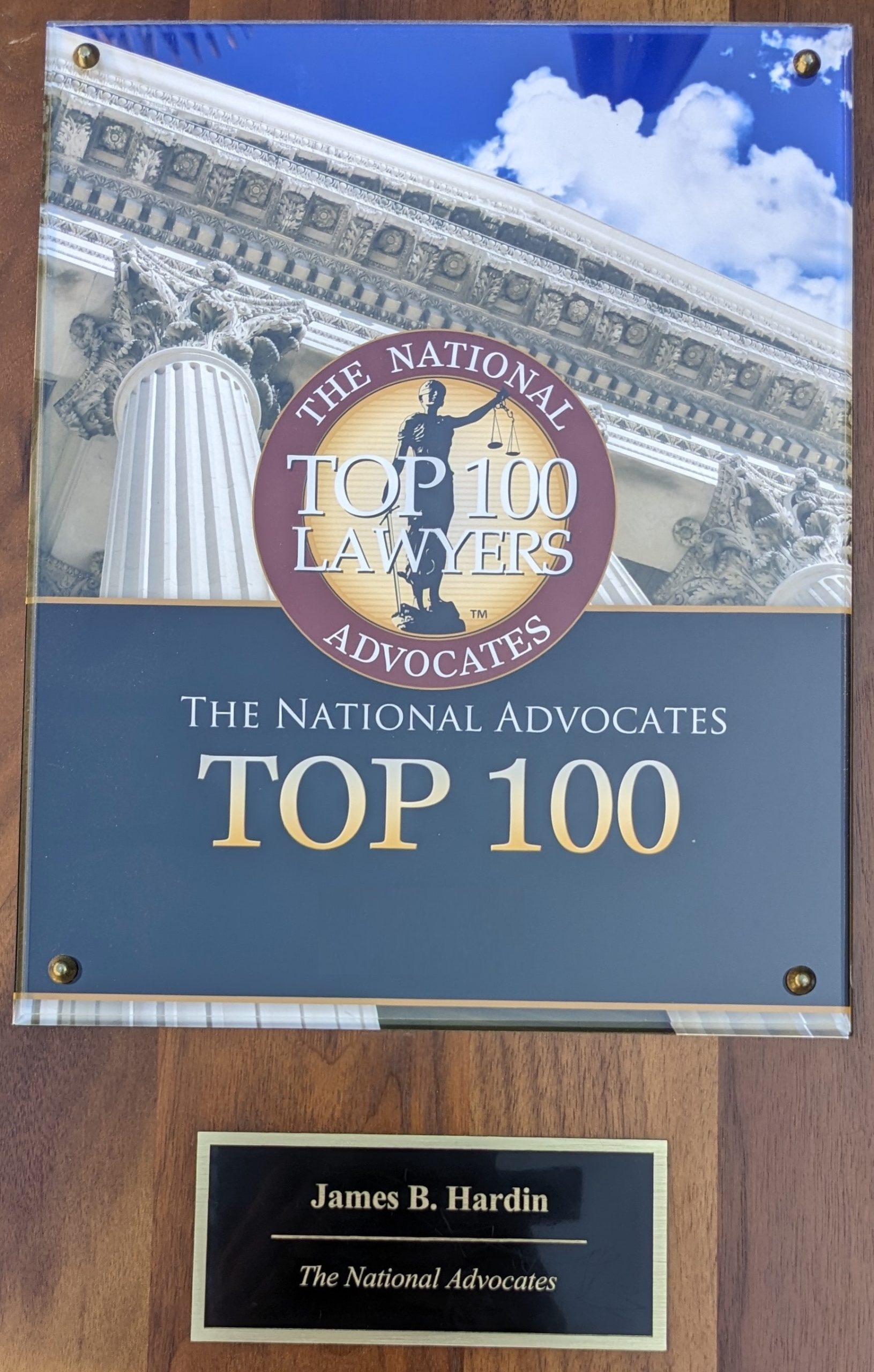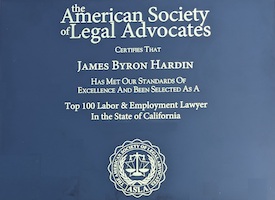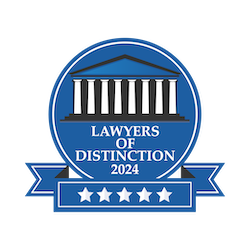What Forms of Evidence Can You Obtain in an Employment Discrimination Lawsuit?
When an employee brings a discrimination, harassment, or retaliation lawsuit, the employee and their employer often undergo discovery, through which both parties share relevant evidence with the opposing party. The law allows a few exceptions to discovery requirements, including attorney-client privilege and work product doctrine. A party does not have to share confidential communications with their attorney. Similarly, an attorney does not have to share any documents they prepared in anticipation of a dispute between their client and another party. However, a party can lose attorney-client privilege by sharing their confidential communications with another person. A recent California appeals court case found that an employer waived attorney-client privilege, requiring the employer to share an attorney’s reports with its former employee.
The Facts of the Case
This case arose when the employee filed a formal complaint with her employer’s Employee Relations Department alleging gender discrimination, harassment, and retaliation at the hands of her supervisors. The Department told the employee they had hired an attorney to investigate her allegations. The attorney prepared a report, and the Department shared several findings from the report with the employee that largely substantiated her allegations. After this investigation, the supervisors received written warnings, and the employee received a new lateral role rather than being fired as her supervisors had threatened. However, the employee filed a second complaint alleging that her supervisors were retaliating against her for filing the first complaint.
The Department again asked the attorney to conduct a report, and the Department shared a summary with the employee. The employee criticized the handling of the investigation. After the employer terminated her employment, the employee filed a lawsuit against the employer and her former supervisors for discrimination, sexual harassment, retaliation, wrongful discharge, and negligent training and supervision. The employer claimed she failed to take advantage of its established complaint procedures per its anti-discrimination policy. During discovery, the employee requested both reports and other supporting documentation. The employer refused, claiming they were protected from disclosure by attorney-client privilege and the work product doctrine. The employee argued that the employer waived its privilege by sharing summaries of the reports and asserting the “avoidable consequences” defense alleging she failed to take advantage of the complaint process. The trial court found that the employer did not waive attorney-client privilege, and the employee had not established a substantial need for the reports. The employee appealed.
The Appellate Court’s Decision
On appeal, the employee argued that there was no attorney-client relationship because the attorney was merely conducting a factfinding investigation. The appeals court disagreed, finding that the attorney’s investigative duties were connected to providing the employer legal services and advice in response to the employee’s allegations. However, the appeals court found that the employer waived the privilege by placing the attorney’s investigations at issue. The employer argued that the employee failed to take advantage of its complaint procedures by asserting new allegations in the lawsuit that were not in the report.
The employer further argued that its defense to the lawsuit did not rely on the attorney’s reports but only on the adequacy of its response to the allegations. However, the appeals court found that the employer could not claim it responded adequately to the allegations if it ignored the reports. However, if the employer acted on the reports’ findings, the adequacy of its response was directly tied to the report. Either way, the employer could not reasonably argue it did not rely on the report to address the employee’s complaints. By placing the reports, the employer waived attorney-client privilege. As a result, the appeals court reversed the trial court’s decision and granted the employee’s motion.
Do You Have Questions for a LA Employment Lawyer?
If you have questions about the evidence you can obtain in a California employment discrimination, harassment, or retaliation case, contact the Hardin Law Group today for assistance at 310-606-2122.





















